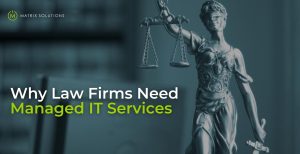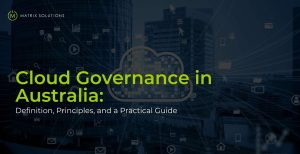Companies today face the challenge of balancing innovation with the need for efficient IT infrastructure management. As businesses increasingly rely on advanced IT solutions, Managed IT Services have become a strategic approach to handling the growing complexities of IT operations.
The IT services market in Australia is experiencing rapid growth, with current growth rates indicating a 9.2% annual increase, projected to reach $44.3 billion in 2025. This expansion highlights the rising demand for outsourced IT solutions and the importance of streamlining IT management.
In this blog, we will explore what is included in Managed IT Services, covering the key services they offer, the benefits of outsourcing, and why these services are indispensable for businesses of all sizes. Now is the time to understand why businesses are increasingly turning to MSPs for IT management.
What are Managed IT Services?
Managed IT services involve partnering with a third-party provider to outsource specific IT functions and responsibilities. As a business owner, you have a lot of responsibilities to take care of. Managing your website, servers, and data security can be difficult, especially when you are also trying to provide top-notch customer support. Fortunately, there is a solution: Managed IT Services.
A Managed Service Provider (MSP) helps you monitor your servers, ensure website uptime, conduct regular security audits, and provide 24/7 technical support. By outsourcing these critical IT functions to experts, you can focus on your core business activities and leave the IT management to the professionals. This way, you can enjoy a reliable and secure online presence that will keep your customers happy and help your business grow.
Who Provides Managed IT Services?
Managed Service Providers (MSPs) offer managed IT services. They are a third-party company that remotely manages your business information technology (IT) infrastructure and services.
What does Managed IT Services Include?
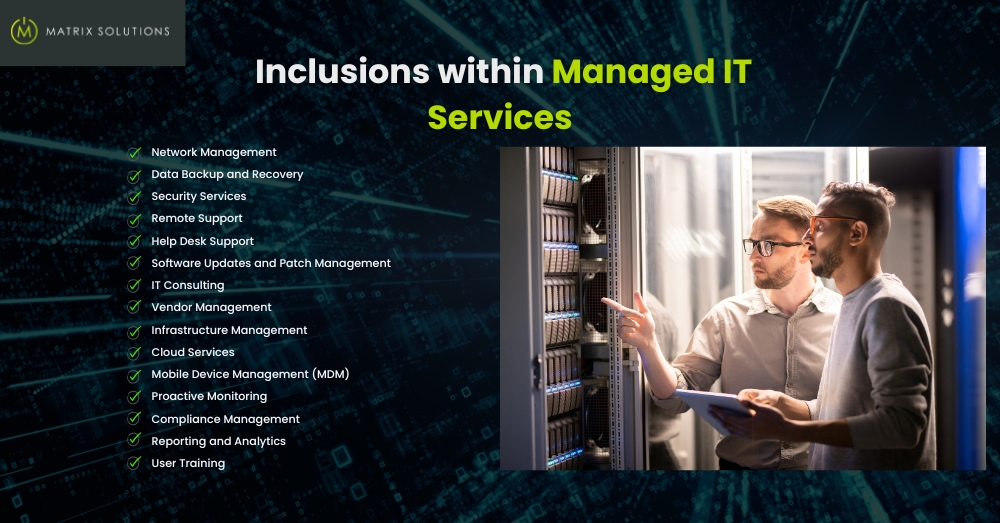
Managed IT Services are designed to help businesses run their IT systems smoothly without the need for an in-house IT team. These services are typically offered through a subscription model, where an MSP handles the day-to-day IT tasks, allowing businesses to focus on their core operations while outsourcing IT complexities to trusted experts.
The services provided are typically defined in a Service Level Agreement (SLA) between the MSP and the client. Managed IT Services includes the following services that you get access to when investing in trustworthy MSP:
- Network Management
- Data Backup and Recovery
- Security Services
- Remote Support
- Help Desk Support
- Software Updates and Patch Management
- IT Consulting
- Vendor Management
- Infrastructure Management
- Cloud Services
- Mobile Device Management (MDM)
- Proactive Monitoring
- Compliance Management
- Reporting and Analytics
- User Training
1. Network Management
MSPs provide continuous monitoring and management of your network infrastructure, ensuring it operates at its best.
- Network Monitoring: MSPs track network performance, proactively addressing bottlenecks or vulnerabilities to prevent downtime.
- Security Management: Ensures firewalls and intrusion detection systems are always updated to protect against cyber threats.
- Optimal Capacity: MSPs monitor bandwidth usage and adjust to ensure smooth, uninterrupted service.
- Device Management: Includes routers, switches, and other network devices, ensuring they remain secure and optimised.
2. Data Backup and Recovery
Data protection is essential, and MSPs ensure that your critical business data is always backed up and recoverable.
- Regular Data Backups: MSPs schedule automatic data backups of your business-critical data, ensuring it’s always secure.
- Disaster Recovery: In the event of a system failure or data breach, MSPs have disaster recovery plans to restore your data and systems quickly, minimising downtime.
- Cloud Backups: Many MSPs use cloud-based storage to provide scalable, secure, and easily accessible backup solutions.
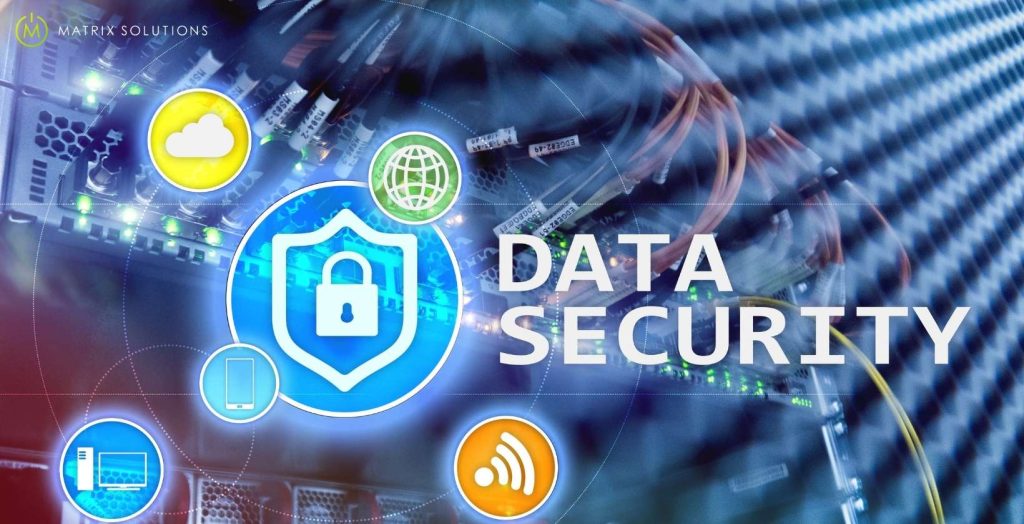
3. Security Services
MSPs offer comprehensive security services designed to protect your business from an increasing number of cyber threats.
- Firewall Protection: Managed firewalls ensure your network is protected from unauthorised access and potential cyberattacks.
- Antivirus & Anti-malware: MSPs implement and maintain up-to-date antivirus software to safeguard against evolving cyber threats.
- Security Audits: Regular audits to identify vulnerabilities in your systems and ensure adherence to the latest cybersecurity protocols.
- Incident Response: In case of a breach, MSPs provide rapid response and remediation to reduce damage and recover faster.
Cybersecurity incidents in Australia surged by 11% in FY2024-25, with a 16% increase in calls to the Australian Cyber Security Hotline, further emphasising the importance of robust security measures.
4. Remote Support
MSPs offer remote support services that allow businesses to quickly resolve IT issues without the need for on-site visits.
- Fast Issue Resolution: MSPs can remotely access systems and provide real-time troubleshooting to minimise downtime.
- Remote Monitoring: Continuously monitoring your systems remotely to identify potential issues and resolve them before they disrupt business operations.
5. Help Desk Support
MSPs provide dedicated help desk services to support your team with IT-related issues.
- 24/7 Availability: The help desk is available around the clock, offering continuous support to resolve any technical problems as they arise.
- Level 1 Support: Handles common issues like password resets, printer setups, and other day-to-day IT challenges.
- Efficient Issue Resolution: Ensures that issues are resolved quickly, minimising any impact on business operations.
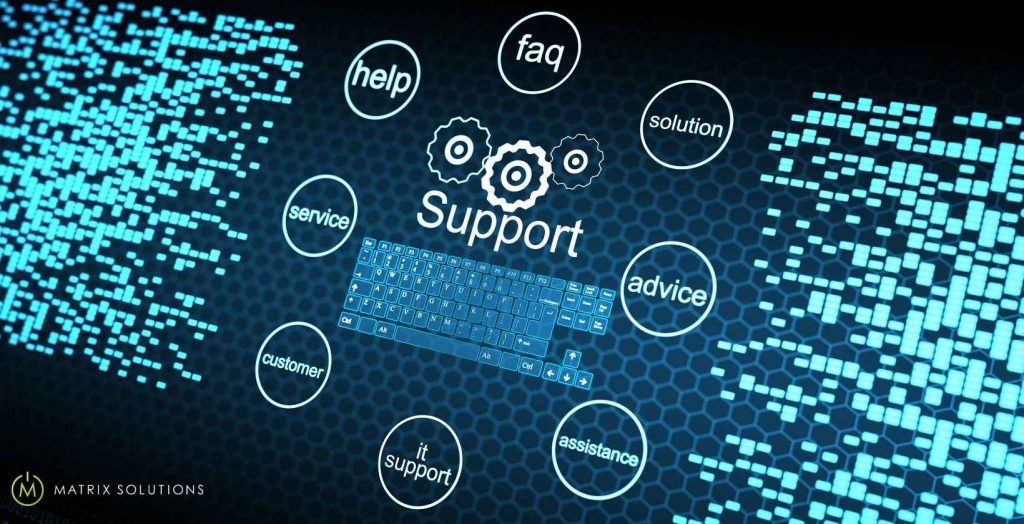
6. Software Updates and Patch Management
Keeping your software up to date is crucial for security and performance.
- Automated Software Updates: MSPs manage and schedule software updates to ensure they are applied automatically and on time.
- Patch Management: MSPs ensure that all security patches and software improvements are implemented to prevent vulnerabilities.
- System Stability: Regular updates ensure systems are running the latest, most stable versions of applications.
7. IT Consulting
IT consulting helps align technology with your business strategy and goals.
- Technology Roadmaps: MSPs assist with long-term IT planning, ensuring that your technology evolves with your business needs.
- Technology Integration: Provides guidance on integrating new technologies to improve efficiency and streamline operations.
- Cost-Effective Solutions: MSPs help identify areas where technology investments can lead to significant cost savings or efficiency gains.
8. Vendor Management
Managing third-party vendors can be complex. MSPs make it easier by handling these relationships.
- Vendor Coordination: MSPs manage interactions with software and hardware vendors, ensuring timely service delivery and best pricing.
- Contract Negotiation: MSPs can negotiate contracts to ensure you’re getting the best value and service from your vendors.
- Performance Monitoring: MSPs track vendor performance to ensure they meet agreed-upon service levels and expectations.
9. Infrastructure Management
Managing the installation and ongoing operation of servers and IT infrastructure.
- Installation and Configuration: Ensures servers, storage, and network devices are properly installed and configured to meet business needs.
- Performance Optimisation: Regular maintenance and optimisation of infrastructure ensures it operates at peak performance.
- System Reliability: Continual monitoring of infrastructure health helps prevent unexpected failures.
10. Cloud Services
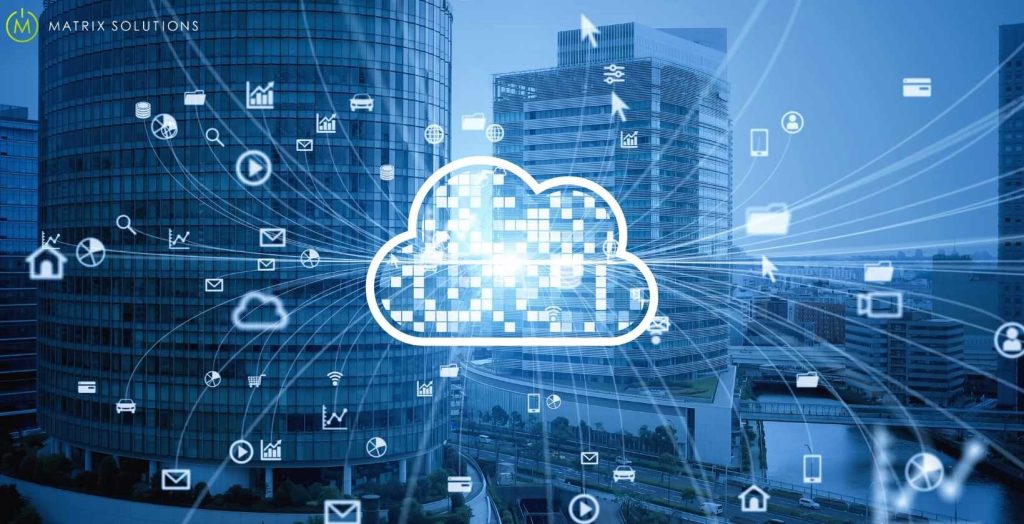
Cloud solutions are critical for modern businesses, and MSPs help manage this transition.
- Cloud Migration: MSPs assist with moving your systems and data to the cloud, ensuring a smooth and secure transition.
- Cloud Storage and Backup: Manage cloud-based storage solutions that are both scalable and secure, ensuring data is always available and protected.
- Cloud Resource Management: Optimises the use of cloud resources, ensuring that they meet your business needs without overspending.
11. Mobile Device Management (MDM)
MSPs ensure that mobile devices used in the organisation are secure and properly managed.
- Mobile Security: MSPs enforce security protocols to protect mobile devices from theft or cyber threats.
- Remote Management: MSPs can remotely manage mobile devices, including enforcing password policies, remote wipes, and device encryption.
- Policy Enforcement: Ensures mobile devices comply with company security policies to minimise risk.
12. Proactive Monitoring
Proactively monitoring your IT systems helps prevent issues before they disrupt your business.
- Continuous Monitoring: MSPs use advanced tools to constantly check the health of your IT systems, identifying issues before they escalate.
- Alerting and Issue Resolution: Automated alerts notify MSPs about system issues, allowing them to address them proactively, minimising downtime.
- System Health Reports: Regular health check-ups of your IT systems help keep everything running smoothly.
13. Compliance Management
MSPs assist in ensuring your business stays compliant with industry regulations.
- Regulatory Compliance: MSPs ensure your IT infrastructure complies with laws and standards such as GDPR, APRA, and CPS234.
- Audit Readiness: Managed IT services help prepare your business for regular audits, ensuring all compliance measures are in place.
- Data Protection: MSPs ensure your data storage and handling practices align with regulatory requirements to avoid potential fines.
14. Reporting and Analytics
MSPs provide regular reporting to help you understand your IT environment better.
- Performance Dashboards: Access real-time insights into system performance, usage, and uptime.
- Decision-Making Support: Reports help businesses make informed decisions by identifying trends and areas of improvement.
- System Health Reports: Regular reports on system health and security to guide future IT investments and improvements.
15. User Training
Training ensures that your employees are equipped to use IT resources securely and efficiently.
- IT Literacy Training: MSPs offer training to improve employees’ understanding of IT systems, making them more productive and self-sufficient.
- Security Awareness: Provides cybersecurity training to reduce risks caused by human error, such as falling for phishing attacks.
- Best Practices: MSPs help employees follow best practices for using IT tools securely, which reduces potential vulnerabilities.
Why are Managed IT Services Important?
With a steady annual growth rate (CAGR 2025-2030) of 1.57%, Managed IT Services have become essential for businesses looking to drive growth and innovation. In today’s competitive landscape, relying on break-fix maintenance is no longer viable. A reliable IT infrastructure is crucial for smooth business operations and maintaining a competitive edge.
Managed IT services can also help businesses reduce overall IT support costs by up to 50%. By outsourcing IT management, businesses can focus on expansion and growth, while highly skilled Managed Service Providers (MSPs) handle the complexities of their IT infrastructure.
The Managed Services market in Australia is experiencing significant growth, underscoring the increasing importance of outsourcing IT services. As the market continues to expand, businesses that leverage MSPs will remain competitive and technologically advanced in an ever-changing digital landscape.
Who is Managed IT Services for?

In recent years, managed IT services have gained popularity among businesses in various sectors due to their ability to outsource technology-related tasks. Whether running a startup, managing a large enterprise or a non-profit organisation, or overseeing critical operations in a government agency, Managed IT Services includes tailored solutions designed to meet your specific business needs. Let’s discuss in detail who will benefit the most from this:
1. Small and Medium-sized Enterprises (SMEs)
Small and medium-sized enterprises (SMEs) can increase productivity by outsourcing their IT needs to a Managed IT Services provider. By doing so, they can reduce the burden of managing complex technological operations and channel their efforts to their core business.
The professionals will take care of all the technical aspects, giving the SMEs more time to focus on their growth and success. Managed IT services for a law firm are also a great solution for smaller legal practices seeking comprehensive IT support.
Want to know more about why you should consider Managed IT services for your business? Read our latest blog to discover the game-changing benefits of Managed IT Services for your small business.
2. Large Enterprises
As businesses grow, so do their IT needs. Managing complex IT ecosystems across different locations, departments, and technologies can be daunting for large enterprises. However, Managed IT Services provide a proactive and strategic approach to managing IT operations on a grand scale.
They bring together a team of experts who can oversee and optimise various aspects of an enterprise’s IT infrastructure, including network management, cloud computing, data storage, cybersecurity, and more.
3. Non-profit Organisations
The passion for serving communities drives non-profit organisations, but they often require additional resources to achieve their goals effectively. One major challenge they encounter is the need for advanced technology infrastructure.
Managed IT Services offer a cost-effective solution for non-profits to access cutting-edge technology without diverting scarce funds from their core initiatives. It ensures that these organisations maximize their impact in their communities.
4. Government Agencies
Government agencies must ensure that their essential services can operate smoothly and securely as our world becomes increasingly digital. With Managed IT Services, government agencies can maintain the integrity and continuity of their critical services, even in the face of unexpected disruptions.
Managed IT Services providers offer reliable and effective solutions to ensure data security and operational efficiency for government agencies. They can also help these agencies comply with regulatory requirements and best practices, such as HIPAA, FISMA, and NIST.
Your Most Trusted Managed IT Service Provider: Matrix Solutions
It’s no secret that today’s business landscape relies heavily on technology, and you need a partner you can trust to manage your IT needs seamlessly and efficiently. At Matrix Solutions, we know that the services are not a one-size-fits-all solution but a customisable toolkit.
The experts at Matrix Solutions are seasoned professionals with years of experience managing diverse IT landscapes. Whether you need cloud services or strategic planning, our team has the expertise to handle it all. Plus, with our focus on security and strategic advancement, you can trust that we’ll help you stay ahead of the curve.
Partnering with Matrix Solutions is a straightforward process that can make all the difference in ensuring your business’s success. We offer a consultation to discuss your needs and explore how our services can elevate your IT infrastructure. Get in touch with us now and see how we can help you!
Optimise Your IT Infrastructure!
Discover the Key to Efficiency and Success With Matrix Solutions’ Managed IT Services.


